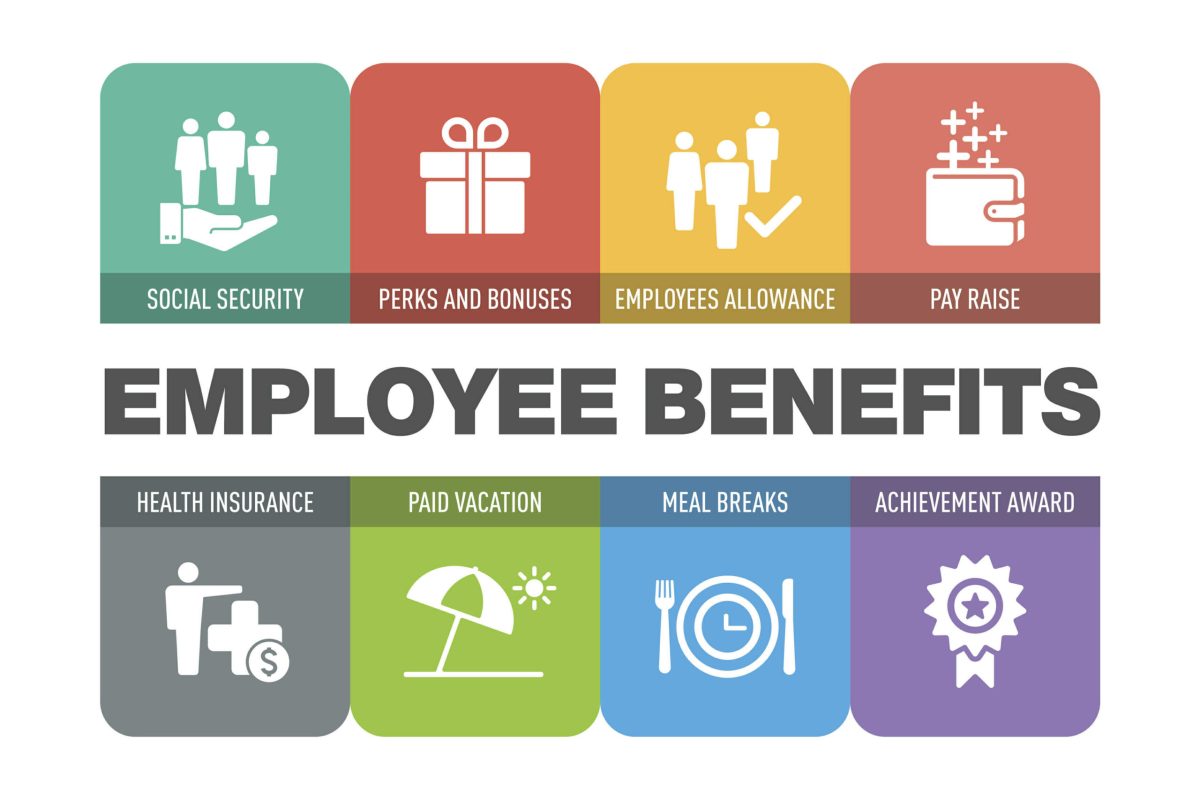Spain has a comprehensive framework of mandatory employee benefits designed to protect workers’ rights and promote their well-being. These benefits encompass essential areas such as retirement, healthcare, paid leave, and workplace injury compensation. Employers, including those using Employer of Record (EOR) or Professional Employer Organization (PEO) services, must adhere to these regulations to ensure employee satisfaction and compliance with Spanish labor laws.
1. Social Security Contributions
The Spanish Social Security system is fundamental in providing essential employee benefits. Both employers and employees contribute to this system, which covers various social protection measures.
Contribution Rates: Employers contribute approximately 30% of an employee’s gross salary, while employees contribute around 6.35%. The exact rates can vary depending on the industry and type of contract.
Coverage: The contributions fund several benefits, including:
Healthcare services
Retirement pensions
Unemployment benefits
Disability benefits
Family allowances
2. Retirement Benefits
Spain’s retirement system is predominantly a public pay-as-you-go scheme. Understanding the intricacies of retirement benefits is crucial for both employers and employees.
Retirement Age: The standard retirement age is currently set at 66 years and 2 months (as of 2024) for individuals with 37 years or more of contributions. This age is gradually increasing for those with fewer contribution years. Early retirement options exist, but benefits may be reduced.
Pension Calculation: The pension amount is calculated based on the employee’s contribution history:
Base Calculation: The pension is determined by the average of the highest 25 years of contributions. Workers can increase their pension amount by contributing for more years.
Minimum Pension: There are minimum pension guarantees to ensure a basic income for retirees, which is adjusted annually based on the Consumer Price Index (CPI).
Supplementary Pensions: Many employers offer supplementary pension plans as part of collective agreements, providing additional financial security for employees upon retirement.
3. Healthcare Coverage
Healthcare in Spain is primarily provided through the public healthcare system, funded by Social Security contributions.
Universal Coverage: All employees are entitled to access comprehensive medical services, including primary care, specialized medical services, hospitalizations, and preventive health measures without any out-of-pocket payments at the point of care.
Prescription Medications: Employees pay a small percentage (usually between 10-60%) of the cost of prescription medications, depending on their income level and age.
Private Health Insurance: While public healthcare is extensive, many employees opt for private health insurance to benefit from faster access to specialists and additional healthcare options.
4. Paid Leave
Spanish labor law guarantees various types of paid leave to ensure employees can manage health and personal matters without financial strain.
Sick Leave: Employees are entitled to sick leave benefits, which are structured as follows:
The first three days of absence are unpaid.
From day four to day 20, employees receive 60% of their salary paid by the Social Security system.
From day 21 onwards, the benefit increases to 75% of the employee’s salary.
Parental Leave: Spain provides generous parental leave policies:
Maternity Leave: Mothers are entitled to 16 weeks of paid maternity leave, with the possibility of extending the leave for multiple births or for serious health conditions of the child.
Paternity Leave: Fathers also have the right to 16 weeks of paid paternity leave, which can be taken simultaneously with or consecutively after the mother’s leave.
Vacation: Employees are entitled to a minimum of 30 calendar days of paid vacation per year, which is mandatory and cannot be compensated with extra pay. This leave must be taken within the year, although some flexibility may exist depending on the collective bargaining agreement.
5. Work-Related Injury Compensation
Spain has robust protections in place for employees who sustain injuries in the workplace, primarily funded through the Social Security system.
Compensation for Accidents: Employees who suffer work-related injuries are entitled to medical treatment and financial compensation for lost wages during their recovery period. The amount depends on the nature of the injury and the duration of incapacity.
Permanent Disability Benefits: If an employee experiences permanent impairment due to a work-related injury, they may be eligible for a disability pension. The amount is determined based on the severity of the impairment and the employee’s contribution history. Benefits can range from partial to total disability pensions.
Prevention and Training: Employers are required to implement safety measures and training to prevent workplace accidents, which can also affect their insurance premiums for workplace injury coverage.
6. Additional Benefits
Some sectors may offer additional mandatory benefits through collective bargaining agreements, which can vary widely.
Meal Vouchers: In certain industries, employers provide meal vouchers or allowances to employees to help cover meal expenses during work hours. This benefit is often part of collective labor agreements.
Transport Allowances: Employers may be required to reimburse transport costs for employees commuting to work, particularly in collective agreements, which help reduce the financial burden of commuting.
7. Holiday and Special Leave
Spain also recognizes additional forms of leave beyond standard vacation and sick leave, including:
Public Holidays: Employees are entitled to paid time off on national, regional, and local public holidays. The specific number of holidays can vary depending on the autonomous community.
Leave for Family Reasons: Employees are entitled to time off for family emergencies or significant life events, such as marriage, childbirth, or bereavement. The length and payment terms for these leaves can vary.
GlobainePEO – Your Trusted Partner
At GlobainePEO, we help employers navigate the complexities of managing mandatory benefits in Spain. From ensuring compliance with local labor laws to managing payroll and contributions, we provide the support your business needs to thrive. Let us handle your workforce management while you focus on growing your business.

